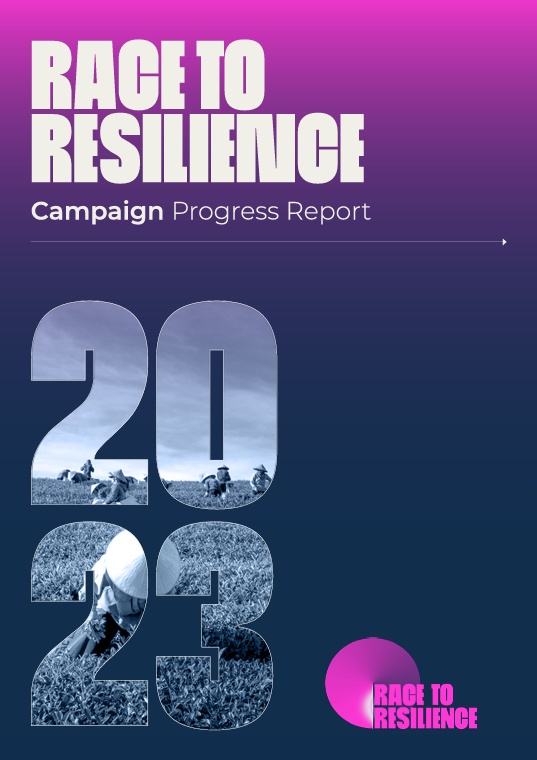


Our cities and regions across the continent are gearing up to make their voices heard loud and clear at COP28, through a range of interventions, stressing the urgent need to scale up a rigorous all-of-economy, all-of-society approach which leads to urgent and significant climate action this decade.
This year, ICLEI – Local Governments for Sustainability, the focal point of the Local Governments and Municipal Authorities (LGMA) Constituency and UN-Habitat, the United Nations entity responsible for sustainable urbanisation, have announced plans for a joint pavilion in the Blue Zone at COP28. The Multilevel Action & Urbanisation Pavilion will function as the global stage for the city and subnational climate agenda at COP28. It will not only spotlight the challenges and needs of local and subnational actors, but also showcase their accomplishments and commitments on climate action.

3 December 2023
On 3 December, the focus will be on Health, Relief Recovery, and Peace, recognizing the profound impact of climate change on public health and the imperative for resilient systems.


Cities and regions are driving climate action!
We need leadership at all levels. And what cities and subnationals can achieve at speed is often far greater than national governments.
Simon Stiell
Executive Secretary, UN Climate Change


The Covenant of Mayors in Sub-Saharan Africa is playing a pivotal role in helping African cities to plan resilient urban development and to elevate the voice of subnational governments on the international stage.
Ryan Roberts
Senior specialist: Climate Finance, ICLEI Africa
MORE INFO ON COM SSA
The Covenant of Mayors in Sub-Saharan Africa (CoM SSA) is a major catalyst for local climate action in the region, with political commitment from over 300 local governments. The purpose of CoM SSA is to support local governments in moving from planning to implementation, with a focus on unlocking climate finance at the local level.


The inclusion of mental health in adaptation and and resilience planning is not a mere addendum but a fundamental aspect of acknowledging the interconnectedness of mental health, climate change and urban development. We pave the way for a more compassionate, sustainable, and resilient future for all.
Dr Kate Strachan
Climate Resilience Manager, ICLEI Africa
- As a testament to the world’s collective effort to address the stark reality of climate change, the second Progress Report of the Race to Resilience campaign was launched today at COP28 (3rd Dec), in an overflowing Resilience Hub session, with both HLCs present, as well as two global Ambassadors and several R2R partners, including Regions4.
- Created in 2021, the Race to Resilience was created to catalyze radical collaboration and elevate the adaptation and resilience agenda to the same level of urgency as mitigation. The campaign aims to build the resilience of 4 billion people on the frontlines of the climate crisis by 2030. In the years since its inception, the campaign has made significant strides, committing to transforming pledges into tangible impacts.
- To date, the campaign’s 34 partners and over 647 members, including 86 cities and 78 regions, have made pledges targeting resilience actions across 164 countries. These initiatives have pledged to enhance the resilience of 3.17 billion people by 2030, with concrete action plans already targeting more than 1.87 billion people.
- Through the Cities Race to Resilience campaign, over 80% of member cities have assessed their climate risks and vulnerability, 78% have put a climate action plan in place, 74% have reported on progress, and all have published progress reports. There are also 78 signatory regions, impacting over 300 million people, according to the RegionsAdapt Progress Report published this week.
4 December 2023
The 4th of December pivots to Finance, Trade, and Gender Equality, recognizing the need for inclusive economic strategies and acknowledging the unique vulnerabilities faced by women in the face of climate-related challenges.
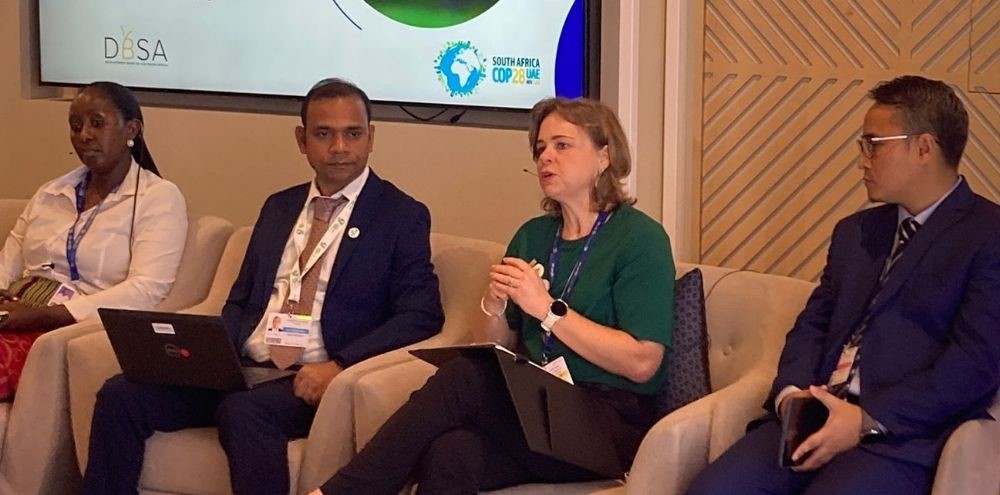

If we fail to tackle climate change and development in an integrated way, we will fail to tackle either.
ICLEI Africa’s Sustainable Finance Centre works across ICLEI’s 5 pathways to unlock city-scale finance that has the most bang for buck, and the biggest impact for those most vulnerable.
Dr Meggan Spires
Director: Climate Change, Energy & Resilience, ICLEI Africa
MORE INFO ON OUR SUSTAINABLE FINANCE CENTRE
Finance is urgently needed to ensure Africa’s cities are resilient to global sustainability challenges and to develop them into green economic hubs of the future. Africa received just $30 bn of global $1.3 tn climate finance in 2022 – less than 3% and well short of the $250 bn needed annually to tackle climate change. Given Africa’s high urbanisation rate, it is crucial that finance is unlocked for the building of low carbon and climate resilient infrastructure, and the protection of Africa’s rich biodiversity.
Over 20 cities and regions around the world hosted “local stocktakes” as official, local-level contributions to the first Global Stocktake (GST) of the Paris Agreement.
Local stocktakes, supported by ICLEI – Local Governments for Sustainability in its capacity as the focal point of the Local Government and Municipal Authority Constituency to the UNFCCC (LGMA), are a direct response to the 2022 UNFCCC Bonn Conference concluding remarks, in which the UNFCCC “encouraged Parties and non-party stakeholders to hold events, at the local, national, regional and international level, as appropriate, in support of the Global Stocktake.
Local stocktakes can accelerate community engagement in the implementation of climate emergency declarations adopted at the municipal councils or regional parliaments. Local stocktakes can be an inspiration for other multilateral agendas by accelerating multilevel collaboration and citizen engagement.
Participating African cities:
- Accra, Ghana
- Cape Coast, Ghana
- Dar es Salaam, Tanzania
- Kampala, Uganda
- Lusaka, Zambia
- Mogadishu, Somalia
- Nairobi, Kenya
- Port Louis, Mauritius
- Tangier, Morocco
- Walvis Bay, Namibia
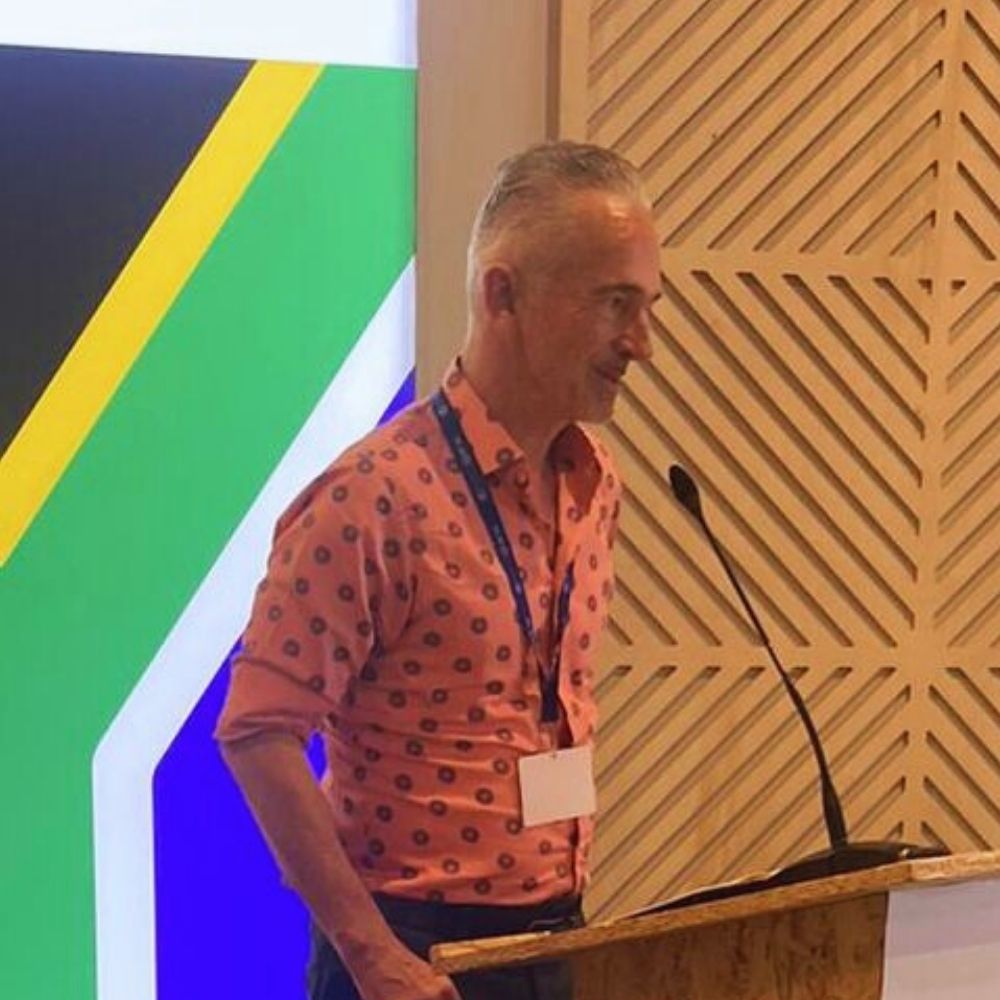

Just transition projects require a lot more preparation and consultation, and a more patient form of capital.
Crispian Oliver
Executive Director of the Presidential Climate Commission
MORE INFO ON OUR Supporting a Just Transition in Steve Tshwete PROJECT
We are supporting Steve Tshwete Local Municipality with their transition to a low carbon, just and resilient economy.
ICLEI Africa, through funding by the Agence Française de Développement Group, and together with the Mpumalanga Province, is supporting Steve Tshwete Local Municipality with their localized Just Transition to a low carbon and resilient economy.
SEE OUR JUST TRANSITION CALL TO ACTION FOR COP28
Strengthening efforts to propel Africa’s just transition is imperative. This encompasses equipping subnational governments to develop a vision for a just transition, and establish priority areas and locally-appropriate pathways for enacting a transition, supported by the requisite knowledge, capacity and resources. Inclusive processes are imperative to ensure no one is left behind, risks are mitigated, and opportunities of just transitions are unlocked, to enable prosperous societies, and thriving, resilient, local economies. Institutionalising and mainstreaming just transitions in the structures and processes of subnational governments is crucial for ensuring they guide these transitions in the long term.
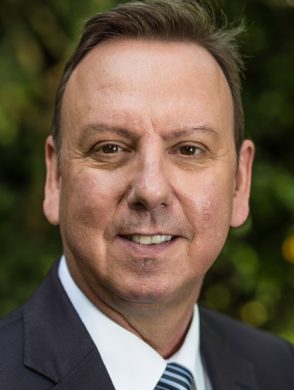

The topic of inclusivity is linked to that of justice. This brings us to one of the key decision points of this COP – Loss and Damage.
The critical role of local and regional governments as first responders to loss and damage, as well as architects of building back better needs to be acknowledged by integrating the urban dimension into Loss and Damage decisions and enabling direct access for subnational actors to Loss and Damage financing through dedicated mechanisms.
Gino Van Begin
ICLEI Secretary General
5 December 2023
Energy and Industry take center stage on the 5th of December, emphasizing the pivotal role of sustainable practices in these sectors, with a particular emphasis on the concept of a just transition. Local governments will find these thematic days especially pertinent, as they grapple with the imperative to integrate climate considerations into their policies and practices, fostering both resilience and sustainability in their communities.
COLLABORATING FOR IMPACT
DYK Cape Coast, Ghana & Bonn, Germany have an excellent sister-city relationship?
At COP28, they met to strengthen their partnership, chat about the ongoing Urban Natural Assets project, as well as general activities.
Pictured on the right (left to right):
Hon. Mayor Ernest Arthur of Cape Coast and Hon. Mayor Katja Dörner of Bonn
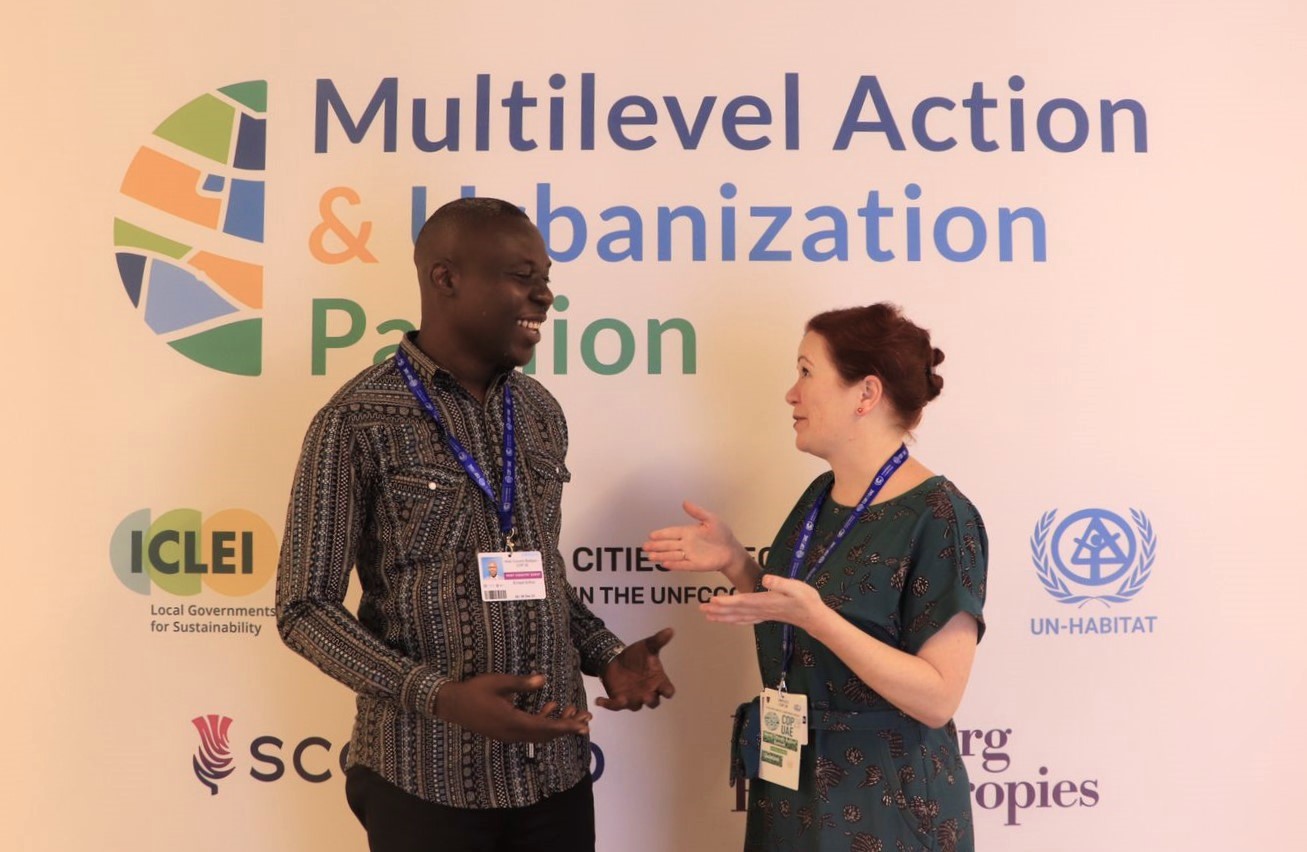
MORE INFO ON OUR Urban Natural Assets PROJECT
Building resilience through urban natural assets
We support local governments in Africa to integrate nature-based solutions into land use planning for increased resilience.
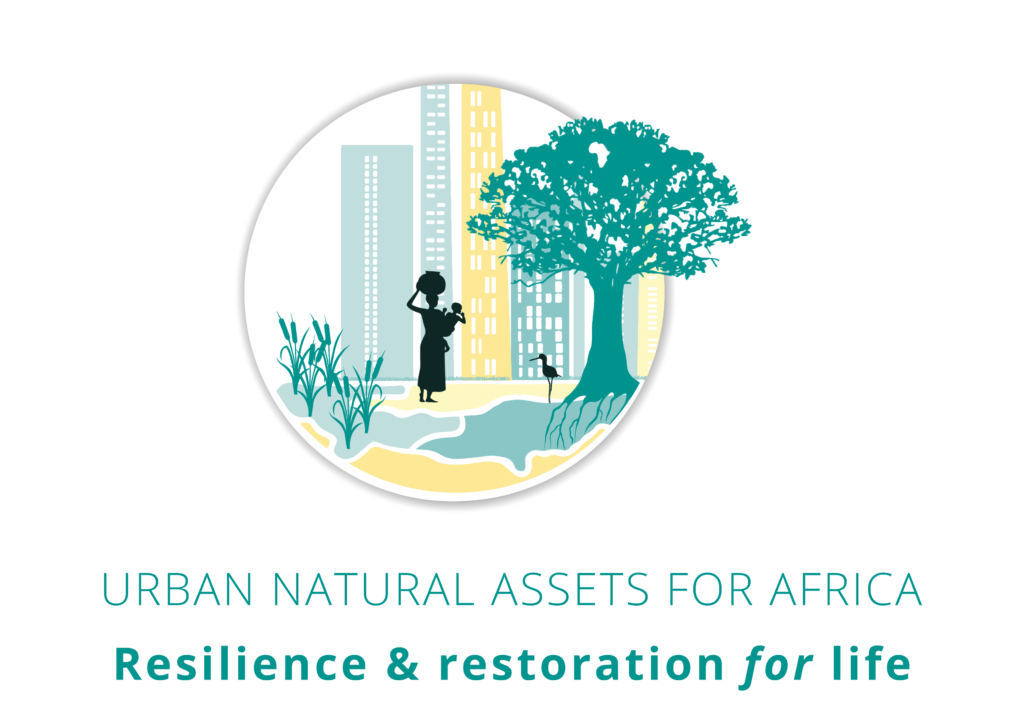
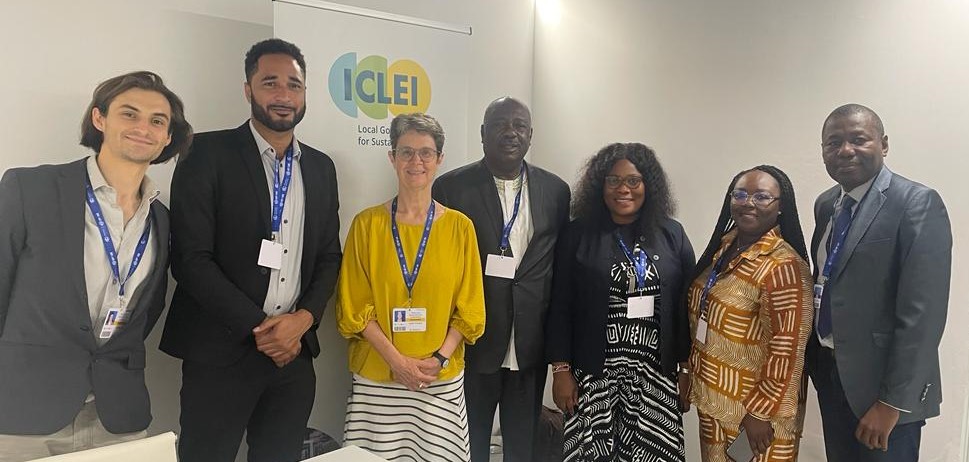
ICLEI Africa and the Covenant of Mayors in Sub-Saharan Africa meeting with Autonomous District of Abidjan to discuss the implementation of the Climate Action Plan of Abidjan and opportunities to access climate finance.


PhotoVoice provides rich insight into the realities of the individuals who have been most affected by climate-related disasters in eThekwini and Beira.
If you give communities a camera and an opportunity to talk about their own setting, you give them a chance to capture and share their reality. The municipalities can use this footage to understand what is important to people on the ground.
We want to emphasise the importance of co-learning and co-creation, and highlight that the voices of the vulnerable must be at the table when we create solutions. We want to ensure we capture what resilience means to these communities.
Dr Kate Strachan
Manager: Climate Change Resilience, ICLEI Africa
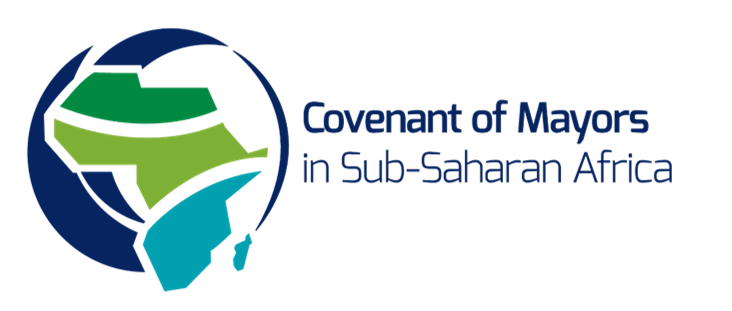
Empowering Urban Africa: Sustainable
Energy Solutions for Sub-Saharan Cities

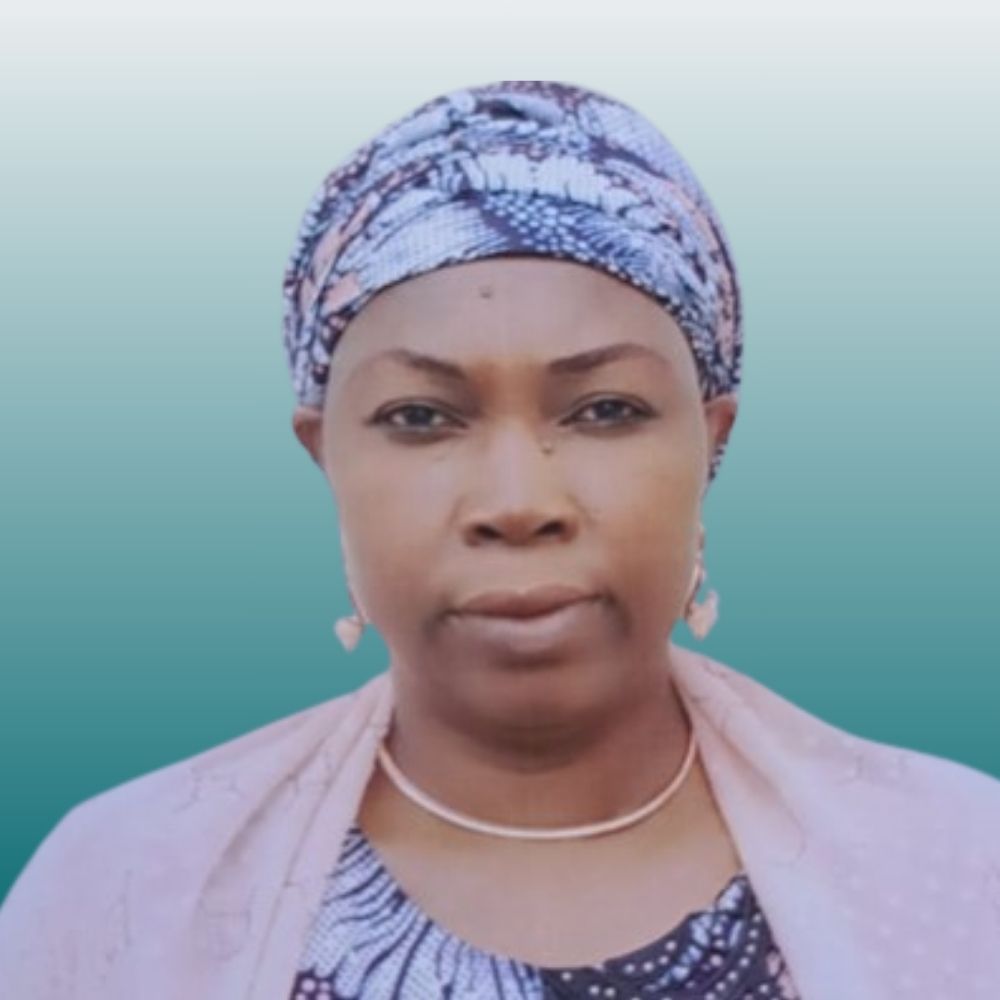
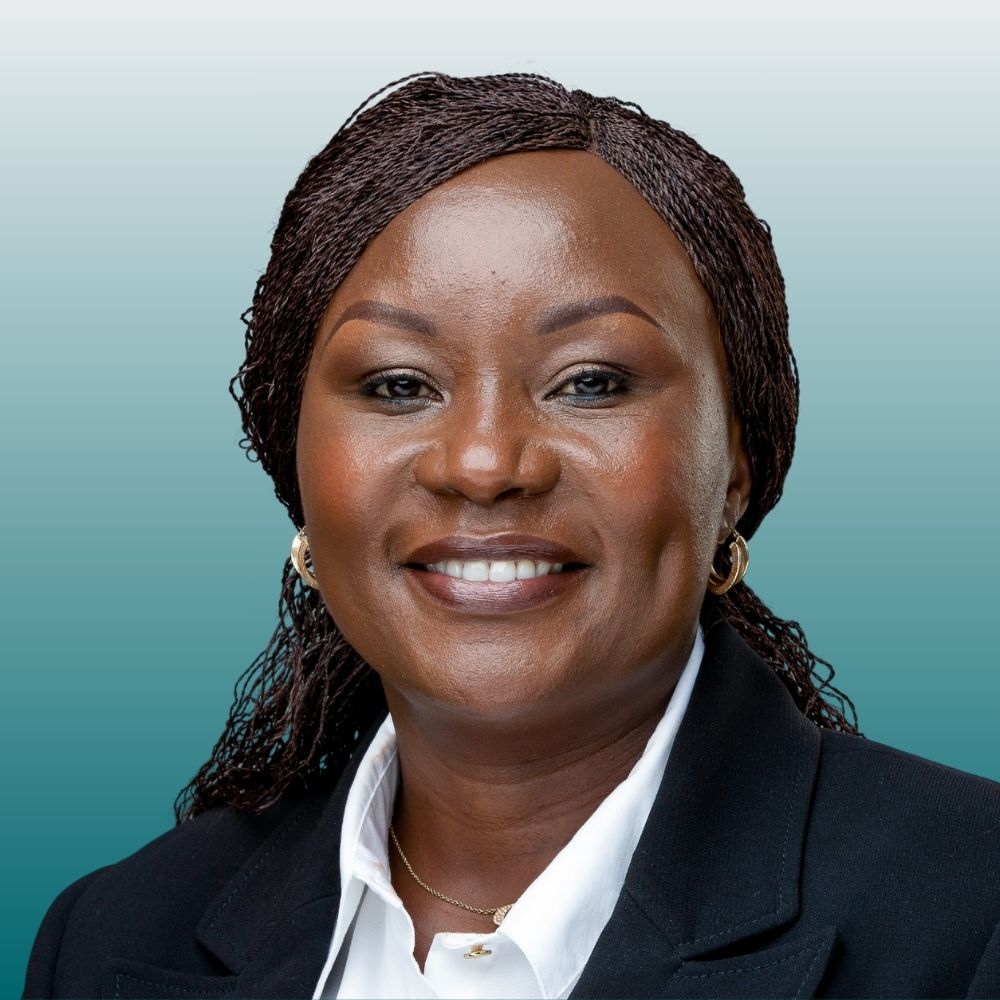

This virtual roundtable brought together the foremost funders, implementers, Mayors and experts tackling the topic of increased access to sustainable energy in SSA. During this session, CoM SSA Mayors shared their experiences planning and implementing sustainable energy access actions with leading funders and implementers of such actions in Africa. The session had four main objectives:
- To sound a clarion call at the biggest climate change event of 2023 with regards to how fundamental improved access to sustainable energy is for SSA, from a developmental, climate change adaptation and mitigation perspective.
- To unpack prevalent barriers and opportunities to ensure rapid scaling-up of sustainable energy access interventions that work.
- To co-develop a roadmap based on the experiences shared during the session and garnered prior to it, which can be used to inform how CoM SSA and similar flagship initiatives on the continent can take this important topic forward.
- To feed the African city perspective into COP28 processes (including the Urbanisation Ministerial) via the Local Governments and Municipal Authorities (LGMA) constituency (chaired by ICLEI) and in collaboration with the UN Climate Change High-Level Champion’s city agendas.
An essential aspect related to the above will be deep consideration of how SSA cities, which are central to the climate crisis, can access increased resources for scaled and contextual sustainable energy access action.


